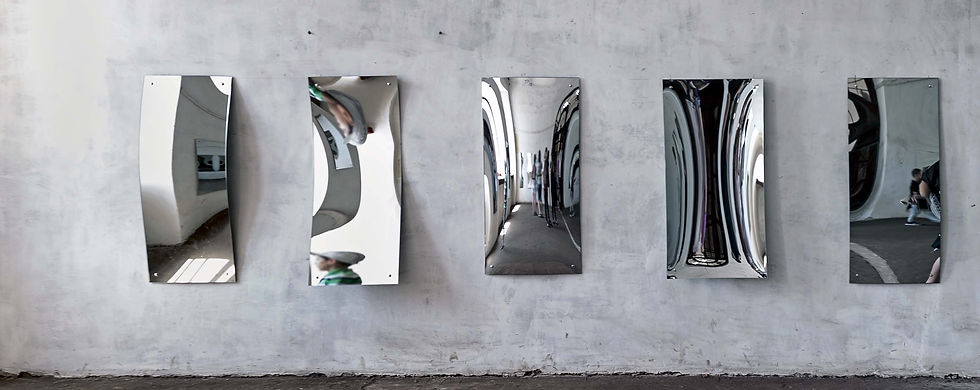Telephone:
212-628-2201

Body Image/Body Dysmorphic Disorder.
Do you find yourself fixating on the physical attribute(s) that you don’t like about yourself?
Do other people tell you they barely notice the supposed defect, even though to you it seems quite obvious, even disfiguring?
Do you engage in rituals or compulsions to “fix” the defect (like camouflaging with makeup, or spending long periods in front of the mirror)?
Do you avoid looking at yourself altogether - in the mirror and/or in photos?
Has your social or work/academic life been adversely affected by your obsession with your appearance?

Most of us can name things we don’t particularly like about our physical appearance, particularly in light of unremitting beauty standards that still predominate, despite a move toward body positivity. For most, appearance concerns are manageable and don’t cause significant distress or impairment in functioning. For people with Body Dysmorphic Disorder (BDD), however, preoccupation with a body part or parts can cause great anguish, including obsessive thinking and compulsive behaviors such as mirror checking and camouflaging. Compulsions provide temporary relief from obsessive thinking, but are ultimately fleeting and serve to reinforce the painful patterns involved in appearance fixation.
In therapy, we work together to understand the origins of your body image disturbance and to remedy the painful symptoms that accompany it. Areas we might work on include:
-
Understanding when and how your extreme focus on appearance began
-
Clarifying how appearance concerns are impacting your life (socially, academically, romantically, etc.)
-
Gradually shifting the way you think about the way you look, and the importance you place on it
-
Identifying non-appearance-related strengths that can help you feel good about yourself
-
Gradually exposing you to feared situations that you may have avoided due to appearance concerns so that they become less anxiety-inducing